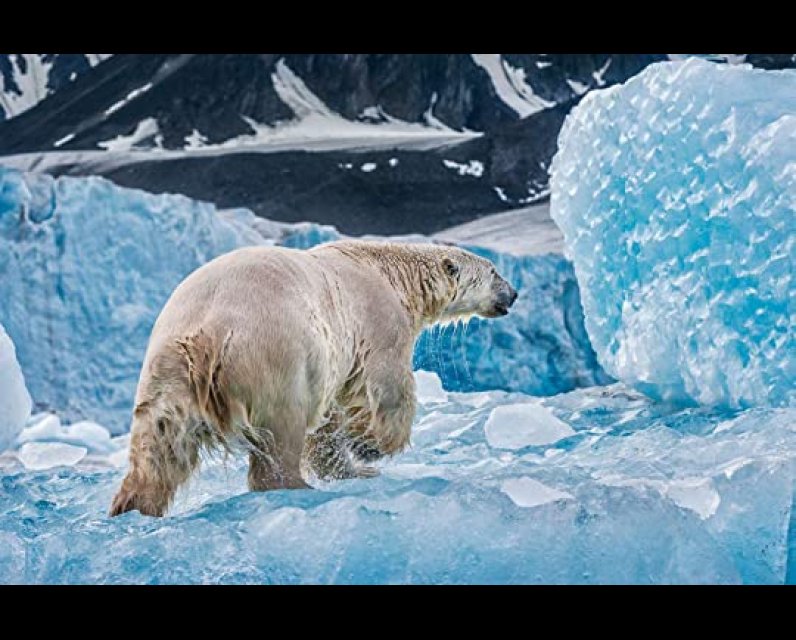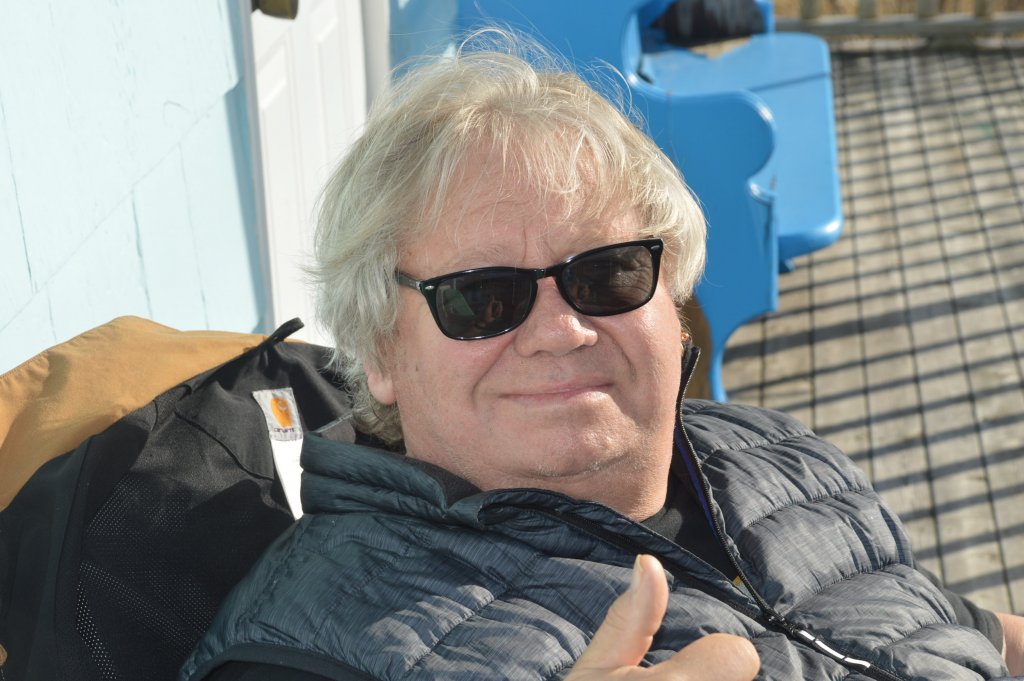Unpublished Opinions
Paul Strome’s Bio
Paul has two adult daughters and he has lived with First Nations, Inuit and Metis for a significant part of his life. After graduation from the University of Waterloo in Anthropology, he worked in the Northwest Territories/Nunavut as an educator, so he experienced the culture, language, and geographic parameters with indigenous people for 12 years. He has seen first hand how indigenous people of Canada are treated. This impassioned him to petition the government at every opportunity to bring about the United Nations Declaration of the Rights of Indigenous People.
After he moved to southern Ontario as an educator, he ran the extra-curricular Outdoor Education Club in addition to his classes, in one of the largest high schools in Canada training and taking students on canoeing, hiking, climbing, snow-shoeing and dog-sledding expeditions. He has canoed/kayaked many of Canada’s Heritage Rivers and has lived in or travelled to every province and territory in Canada which has broadened his concerns about environment and social concerns. These experiences have intensified his deep-seated love and admiration for Canada.
As an elder and David Suzuki Ambassador he has championed the Blue Dot Movement in Unama’ki and in recent years was the Atlantic Regional Representative for the Council of Canadians. He collaborates and networks for the common good with other like-minded organizations. He is well-known as an environmentalist/social activist throughout Unama’ki (Cape Breton Island) and beyond. He has met personally with many municipal, provincial and federal politicians to encourage them to adopt sustainable environmental and social changes to address climate change. He has also done the same at schools, community colleges, libraries, community halls and Cape Breton University.
Paul Strome: A Message From Polar Bears

When we lived in the arctic during the 1970s and 80s I was fortunate enough to spend a lot of time out on the land with the Inuit. Living beside Moonshine Fjord on Baffin Island afforded me the opportunity to study polar bears in almost every season of the year whether in the water or on the tundra. Nanook (ᓇᓐooᒃ in syllabics) is the Inuktitut name for the polar bear and I became enamoured with this amazing mammal who survives in the world’s most challenging environment. When we lived in Gjoa Haven we were able to cross from King William Island to the mainland over the sea ice by the end of September. In less than a lifetime this has all changed. Last year (2019) the ice in the very same area could not be safely crossed until the first week in November.
Most people around the world continue to do what they always have done because they want to be comfortable. We were comfortable before seat belts were mandatory but we realized it was safer and riding in an automobile changed life for the better. We were comfortable when most people smoked until doctors and scientists figured out it caused cancer. We realized we would be healthier if we quit smoking. We were comfortable when chemical companies like BayerAG (Monsanto), DowDuPont, Syngenta, BASF and others told us their herbicides and pesticides were the answer to our global agricultural problems. These chemicals may have solved one problem but they have unequivocally caused many others.
Biologists, organic farmers and health care professionals all over the world have realized these chemicals are killing off too many other living things. Insects depend on the plants for survival. Thousands of other species of amphibians, reptiles, birds, bears depend on those insects in order to survive. All of the various integral parts enable the web of life to work for every living thing but these chemicals have taken huge chunks out of this web. Each of these parts are interdependent and there is no other place that is more sensitive and critical than the arctic.
The circumpolar arctic is like a “canary in the coal mine” when it comes to our environmental state of affairs. This region is composed of geo-political areas named Russia, United States, Norway, Sweden, Greenland, Denmark, Finland, Canada, Iceland and the Faroe Islands. This part of Earth is warming twice as fast as other parts of the world and is a gigantic elemental petri dish of the cumulative atmospheric affects mankind has created. It wasn’t until the early 1980s that marked a sharp increase in global temperatures but many experts point to 1988 specifically as a critical turning point when socio-political events placed global warming in the spotlight. The summer of 1988 was the hottest on record since records had been kept although many years since then have been hotter. Earth scientists and meteorologists have been sharing the data and their projections with us for decades yet (as a collective) we still choose to ignore the facts and the ramifications of our acts or the lack thereof.
James Raffan’s new book “Ice Walker” is about the life of a polar bear who lives in the arctic between Churchill, Manitoba and Arviat, Nunavut on the west coast of Hudson’s Bay. He describes the life of a female polar bear ((Ursus maritimus) over a two year period in detail. He anthropomorphizes the seven year old female (Nanu) and her two cubs (Kingu and Sivu) by giving them names, mainly to differentiate what happens to them throughout the novel. Polar bears main source of nourishment is fat from the other animals they kill. Seals are their main food source but whales, walrus or carrion suffice when pickings are slim. He describes what they currently have to do just to survive because their environment has changed greatly. The unprecedented temperature rise over the past 30 years has dramatically reduced the amount of seasonal ice as well as multi year ice. The significant decrease in the polar bear population over this same period of time directly reflects climate change and pronounced global warming.
The Inuit are facing the same challenges as the polar bears as their traditional hunting grounds are noticeably affected. As Canadians we need to be concerned about what is taking place all over our country but especially in the north because it is being affected in such a conspicuous way. As Nova Scotians we can do our part by moving toward green sources of energy and off of coal-fired power generation. 60%+ of Nova Scotia’s electricity is provided by coal and fossil fuels and that is just unacceptable because of what we know to be true. We need to seriously get off of fossil fuels and the upcoming provincial Liberal party leadership race would be an opportune time to voice your opinion about this issue.



Comments
Be the first to comment